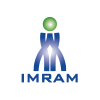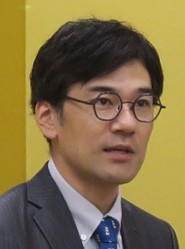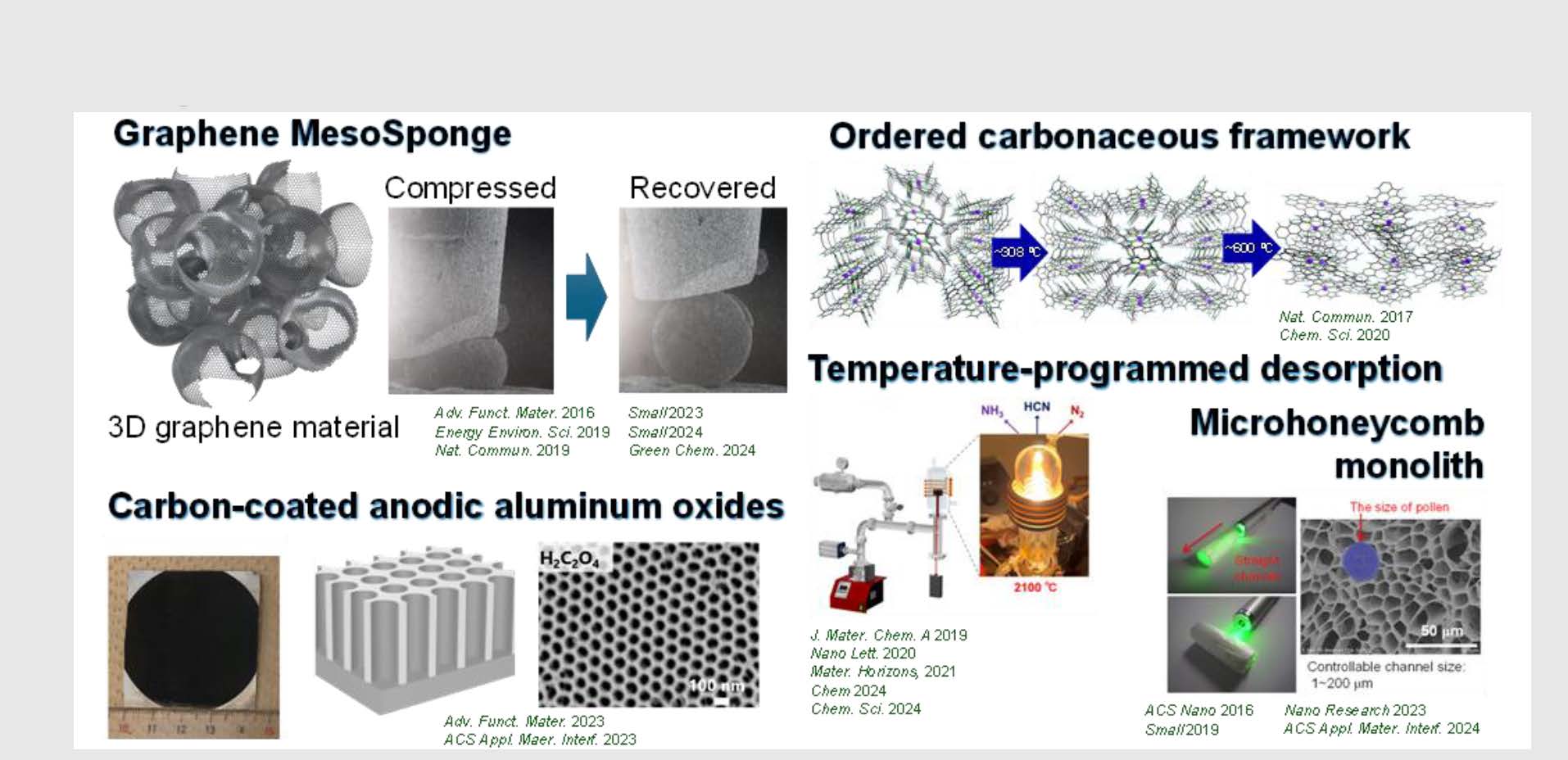
IMRAM
Institute of Multidisciplinary Research for Advanced Materials, Tohoku University
東北大学
多元物質科学研究所

LAST UPDATE 2021/05/08
-
研究者氏名
Researcher Name西原洋知 Hirotomo NISHIHARA
教授 Professor -
所属
Affiliation東北大学 多元物質科学研究所
マテリアル・計測ハイブリッド研究センター
Institute of Multidisciplinary Research for Advanced Materials, Tohoku University
ハイブリッド炭素ナノ材料研究分野
Materials-Measurement Hybrid Research Center, Hybrid Carbon Nanomaterials -
研究キーワード
Research Keywords炭素材料
吸着
エネルギー貯蔵
Carbon materials
Adsorption
Energy storage
- 研究テーマ
Research Subject -
機能性ナノ空間材料の創製と応用
Development of functional nanospace materials and their applications
研究の背景 Background of the Research
結晶中の空隙、多孔質材料の細孔、粒子や繊維の間隙などに存在する「空間」は、物質の貯蔵、反応、輸送の場として重要です。化学反応や物質の分離・精製、エネルギー貯蔵および変換、センサーやバイオ関連など、多くの分野において、持続可能な社会の発展に繋がるイノベーションを達成するために、高度な「空間」制御技術の開発が強く求められております。
Chemical reactions, energy storage, and diffusion/transportation occur within the 'space' found in various materials, such as inter-atomic spaces in crystals, pores in porous materials, and interspaces between particles and fibers. To achieve new innovations that contribute to a sustainable society, advanced technologies for controlling these 'spaces' are highly sought after in many fields, including chemical reactions, separation, purification, energy storage and conversion, sensors, and bio-applications.
研究の目標 Research Objective
炭素材料は軽量で導電性があり化学的・熱的に安定であり、なおかつ空間を形成させ易いなど多くの利点を持っています。そこで、炭素材料の構造をナノレベルで精密に制御し、なおかつ他の物質と組み合わせることで、高度にナノ空間を機能化した新規材料を開発し、水素貯蔵、キャパシタ、二次電池、燃料電池、センサー、ナノバイオなどの分野に役立てることを目標としています。
Carbon materials possess numerous advantages, including light weight, electrical conductivity, chemical and thermal stability, and high porosity. This research aims to develop carbon-based hybrid materials with highly functionalized nanospace, making them suitable for various applications such as hydrogen storage, supercapacitors, secondary batteries, fuel cells, sensors, and nanobiology.
研究図Figures

論文発表 / Publications
Adv. Energy Mater., 14, 2303055 (2024). Adv. Sci., 10, 2300268 (2023). Adv. Funct. Mater., 33, 2303730 (2023). Nat. Commun., 10, 2559 (2019). Energy Environ. Sci., 12, 1542 (2019). Nat. Commun., 8, 109 (2017). ACS Nano, 10, 10689 (2016). Adv. Funct. Mater., 26, 6418 (2016).
研究者連絡先 / HP
- hirotomo.nishihara.b1
 tohoku.ac.jp
tohoku.ac.jp - https://www2.tagen.tohoku.ac.jp/lab/nishihara/html/index.html